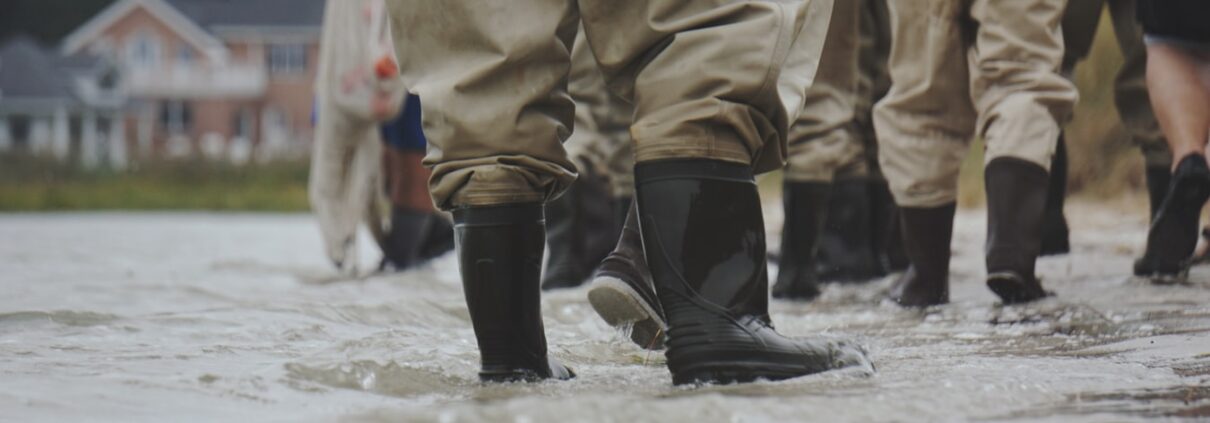As part of the Academic Roadshow effort, OST convened a micro-symposium on community engagement on Monday December 7, 2020. Invited speakers presented their research to OPC, California and USC Sea Grant leadership and staff. See below for additional information of each speaker’s presentation topic and a link to the recording.
- Dr. Heidi Ballard (UC Davis) presented on her work as the Founder and Executive Director of the Center of Community and Citizen Science. Dr. Ballard provided an overview of the terms and definitions used in the field of community engagement and discussed the various types of public participation from contributory, collaborative to co-created projects.
- Dr. Antwi Akom (UC San Francisco and SFSU) discussed the work of the Streetwyze Research lab on urban planning in the context of a changing climate by harnessing the knowledge of communities and neighborhoods to tackle large environmental issues (such as flooding, sea-level rise, and air quality).
- Dr. Sabrina Drill (UC Cooperative Los Angeles and Ventura counties) discussed the UC California Naturalist program with an emphasis on integrating this work in a Diversity Equity Inclusion and Justice framework, by increasing accessibility and availability of the trainings as well as collaborating with tribal partners (such as the Wishtoyo Foundation) – watch Dr. Drill’s full presentation here.
- Dr. Julia Parrish (University of Washington) presented the Coastal Observation and Seabird Survey Team (COASST), a citizen science project focused on the beach environment of the northeast Pacific. The guiding principles of this program include: deconstructing science, dismitfying science and using science to take actions – watch Dr. Parrish’s full presentation here.
- Dr. Rebecca Johnson (California Academy of Sciences) presented the Snapshot Cal Coast project an annual statewide citizen science effort that encourages people to make and share observations biodiversity observations along the California coast using the iNaturalist app – watch Dr. Johnson’s full presentation here.
- Dr. Raj Pandya (AGU Thriving Earth Exchange) shared some lessons-learned principles to guide community engagement efforts. For example: 1) Begin (and end) with communities by framing projects around communities priorities and not just their needs; 2) Intentionally put justice in the foreground 3) Design projects together with community members and not just about/for them – watch Dr. Pandya’s full presentation here.




